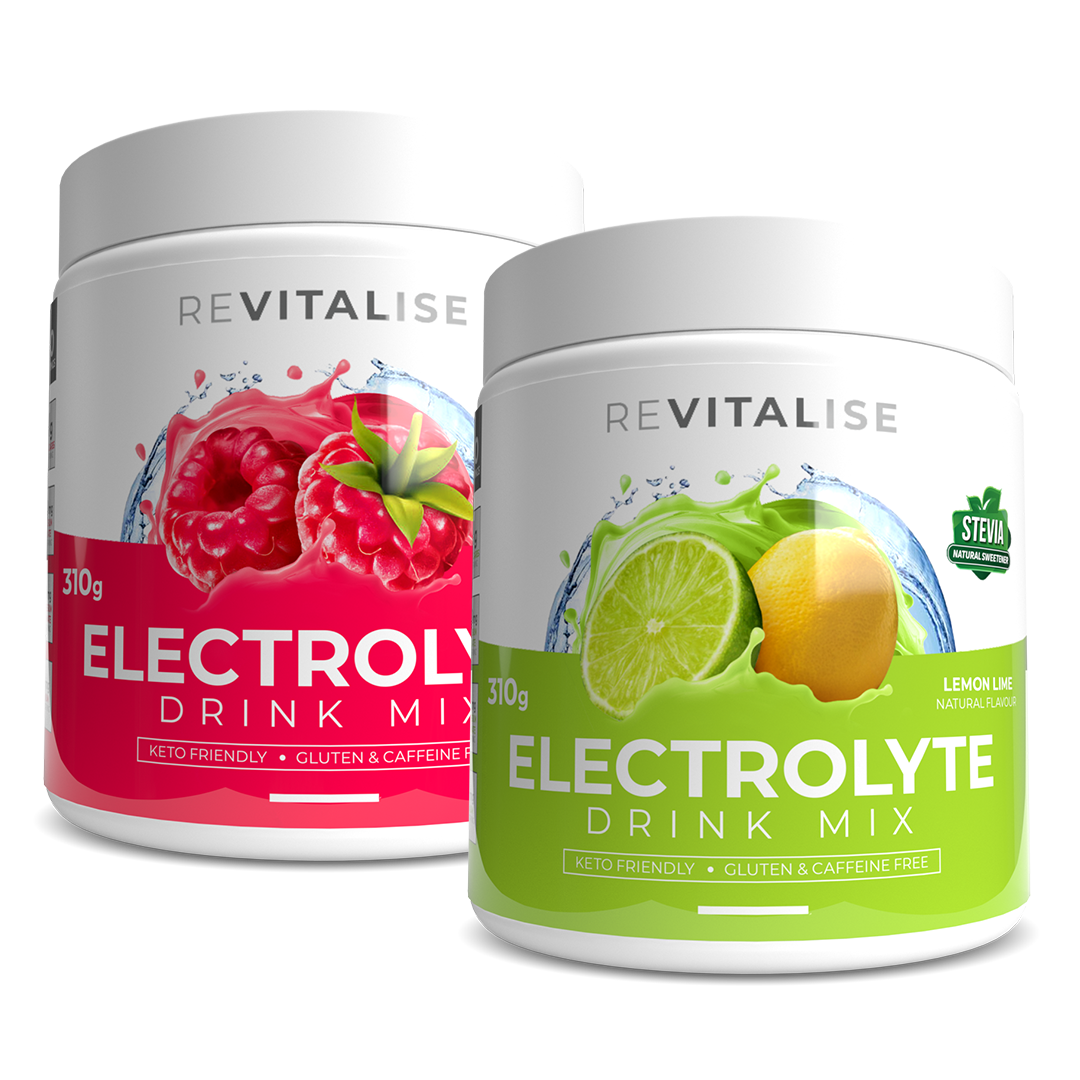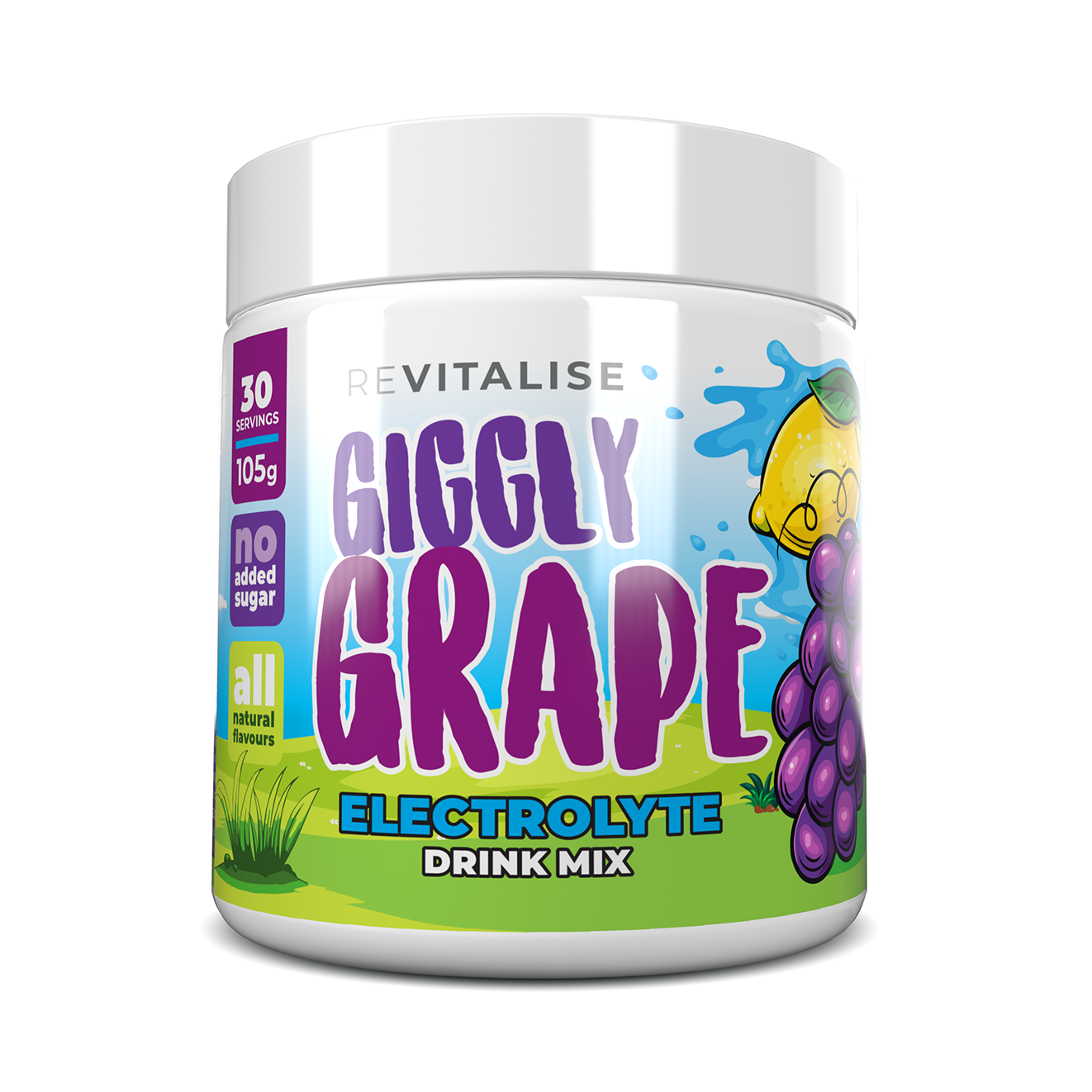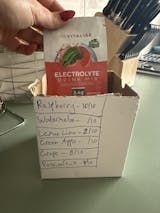So, What Is Sodium?
Sodium, the mineral we have all been told time and time again to eat less of. But what if I were to tell you that Sodium is an essential amino acid transporter. Yes, too much sodium has detrimental health effects, however, too little sodium can be just as bad as your body will not be able to efficiently use amino acids. Sodium is responsible for stimulating muscle contractions and maintaining fluid in your body, which means it maintains the proper balance of water and minerals.

Too Much Sodium
Too much of a good thing can be bad. I know it’s delicious to have salty foods, but it’s all about regulating it. How do you know if you are consuming too much sodium? Here are a few symptoms to look out for:
- Bloating
- Thirstiness
- Fatigue
- Confusion
- Muscle spasms
- Struggling to sleep
Too Little Sodium
This is not spoken about as often yet it is important. Being able to identify when your body needs sodium can be tricky, so here are a few symptoms to look out for:
- Swelling of fingers
- Feeling weak
- Low energy
- Headaches
- Nausea
Sodi-Yummy: Sodium Superfoods
Consuming sodium has to be a balance, and the more you get to know your body, the easier it will become. It is important to note that everyone should take an individualistic approach as we are all different and our bodies require different things. Remember to take diet plans with a “pinch of salt”!
A nice approach to take is to check in with your body and do intuitive eating. Feel yourself craving a burger? Maybe you just need more sodium.
Below are healthy sources of sodium that everyone can incorporate into their diet.
- Cottage cheese
- Salad dressings
- Vegetable and chicken stock
- Dried meats
- Tomato sauce
- Baked beans
- Soy Sause
If you feel you are not getting enough sodium, it is also available in a variety of dietary supplements. Often electrolyte drinks, such as ReVitalise, contain sodium, which makes it a nice and convenient way to add sodium into your lifestyle.
The Benefits of Sodium
Helps Prevent Muscle Cramps
Sodium is vital for muscle health. Together with other minerals such as potassium, magnesium, and calcium, sodium promotes proper nerve impulses and muscle functioning.
If you are dehydrated or just did a workout where you sweat a lot, your sodium levels will drop, and this is where you may experience muscle cramps. Why? When your sodium levels are too low, those nerve impulses do not perform optimally and may trigger cramps. This is your body telling you that there is an imbalance and to possibly get in some more sodium.
It is very important that if you sweat a lot, you replenish your sodium. Long-term effects of having low sodium can lead to muscle spasms and muscle weakness.
Regulates Fluids
Now you may have been told that salt, AKA sodium, can lead to bloating and weight gain. But if you are consuming the right amount of sodium, it actually prevents bloating and weight gain.
Here’s why – salt is regulated in your body by the kidneys and your adrenal gland. The adrenal gland produces a hormone called aldosterone, which sends a message to the kidneys, saying how much sodium to retain. The fluid outside your body’s cells can be properly regulated by the proper amount of sodium in your body, preventing your body from bloating. Of course, too much salt and you can get bloated. All about balance!
Believe it or not, sodium keeps you hydrated. It prevents excess fluid loss, and this becomes really important when you workout. It is able to keep enough fluids in your body which helps your muscles during workouts and keeps your body in a state of homeostasis.
The Pressure Is On
The relationship between blood pressure and salt is a complicated one. Several studies have shown that the higher your sodium intake, the higher your blood pressure will be. This is because when there is too much sodium in your bloodstream, your kidneys are not able to filter it out into your urine, and this build-up results in high blood pressure also called hypertension.
On the other hand, if there is too little sodium, you can have low blood pressure, also known as hyponatremia. Here, the sodium concentration in your blood is abnormally low. This means that it cannot help regulate the amount of water that's in and around your cells, leading to dizzy spells.
If you have high blood pressure, try reducing the amount of sodium intake in your diet. Rather opt for healthy sodium choices or electrolyte drinks (such as ReVitalise) on occasion. Completely eliminating sodium from your diet can have the opposite desired effect. If you have low blood pressure, try adding more sodium to your diet. This can be by adding salt while cooking or taking an electrolyte drink (such as ReVitalise)
Digestion
Did you know that sodium plays a role in digestion? Well, sodium is responsible for your body to absorb monosaccharides and amino acids. The absorption of these amino acids is really important as they are the building blocks of carbohydrates and proteins. This means that it aids in digestion and induces the absorption of nutrients, improving the body’s overall functioning.
Happy what? Happy gut!

Sodium Sum Up
Unfortunately, people get salty when it comes to sodium because of its “bad rep”. But without it, your body will become chemically imbalanced and that can lead to some serious health risks. And what’s more, is that the benefits of sodium cannot be ignored. From preventing cramps to aiding in digestion, sodium is more important than it’s made out to be.
Electrolyte drinks are the best way to go if you are unsure. They are convenient, a healthy source, and let’s not forget, tasty. Don’t “in-salt” your body by denying it one of the most important minerals. Keep on exploring what your body needs – it will thank you in the long run!






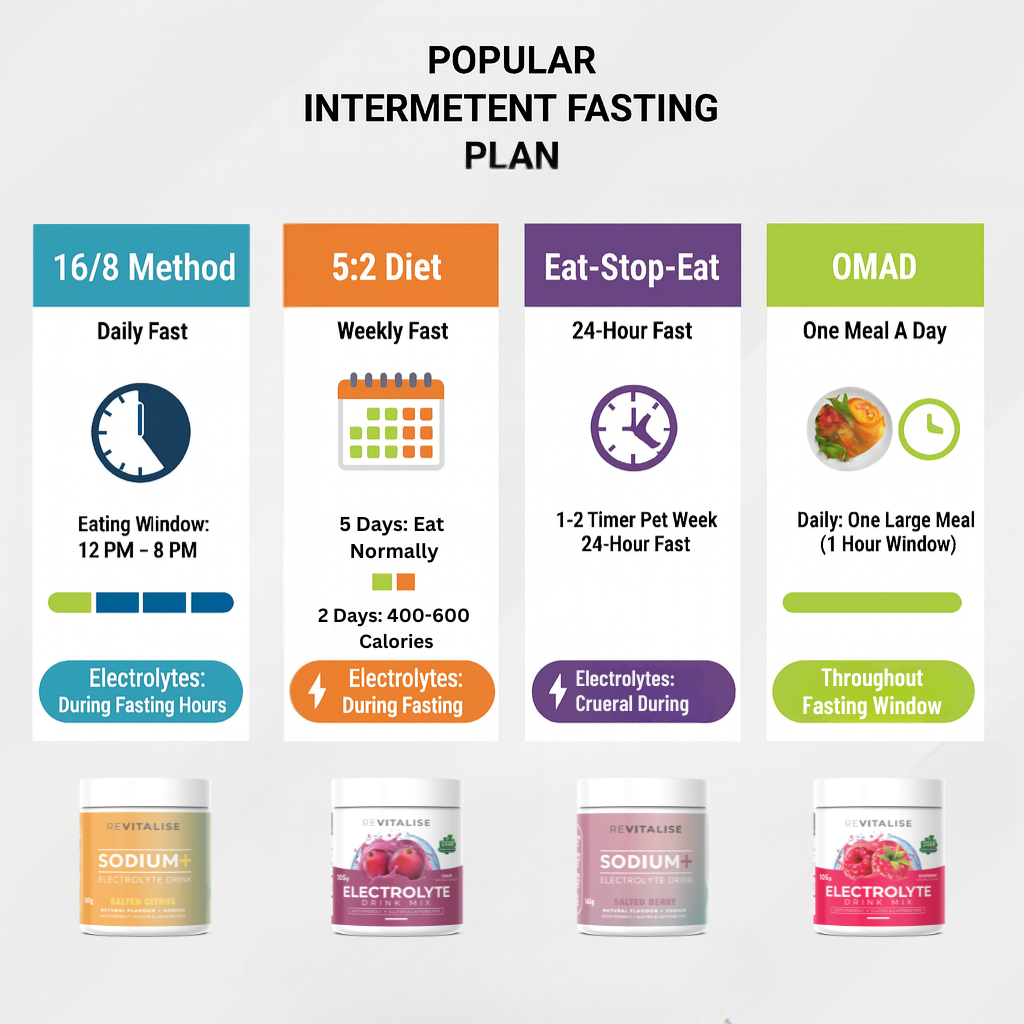
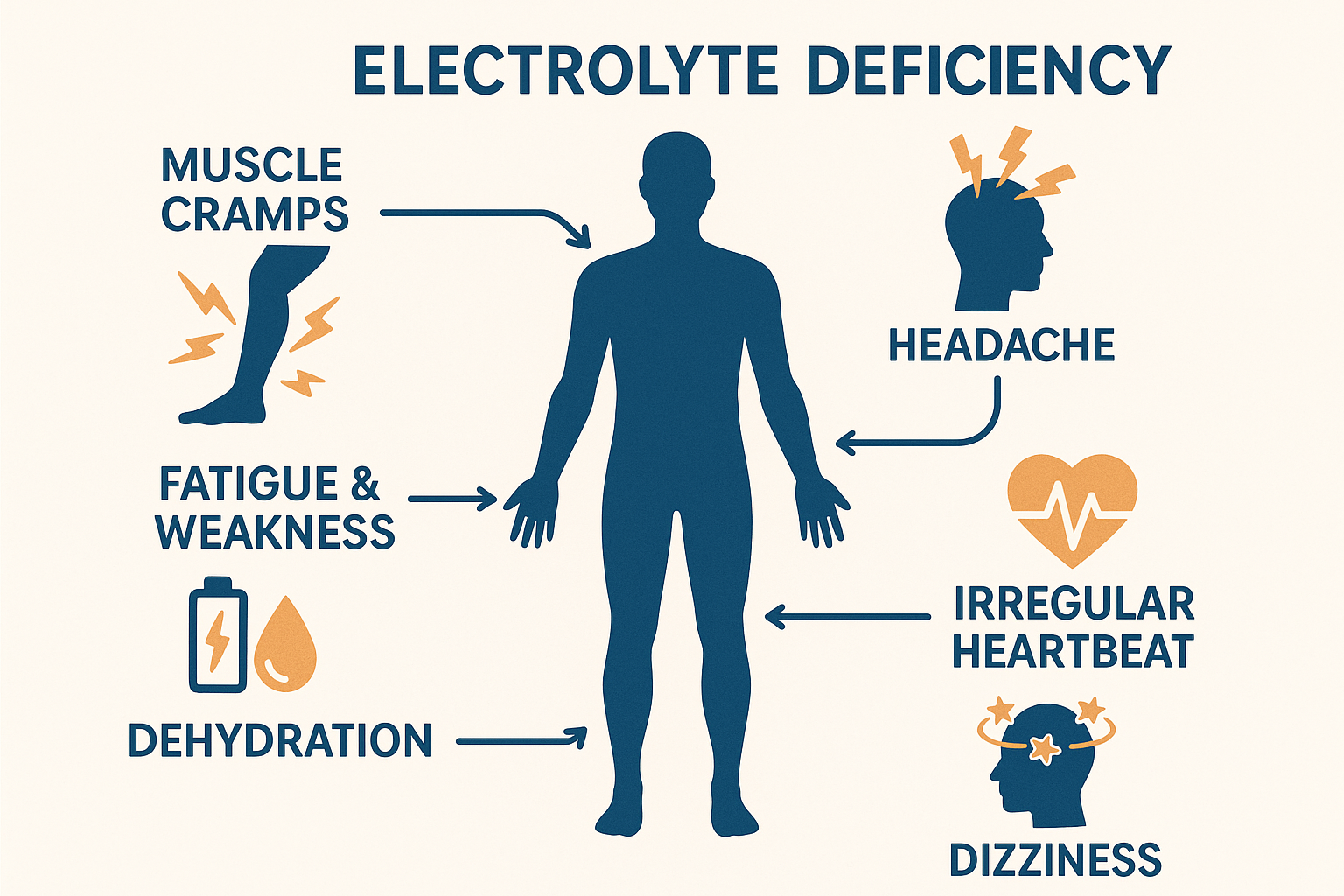
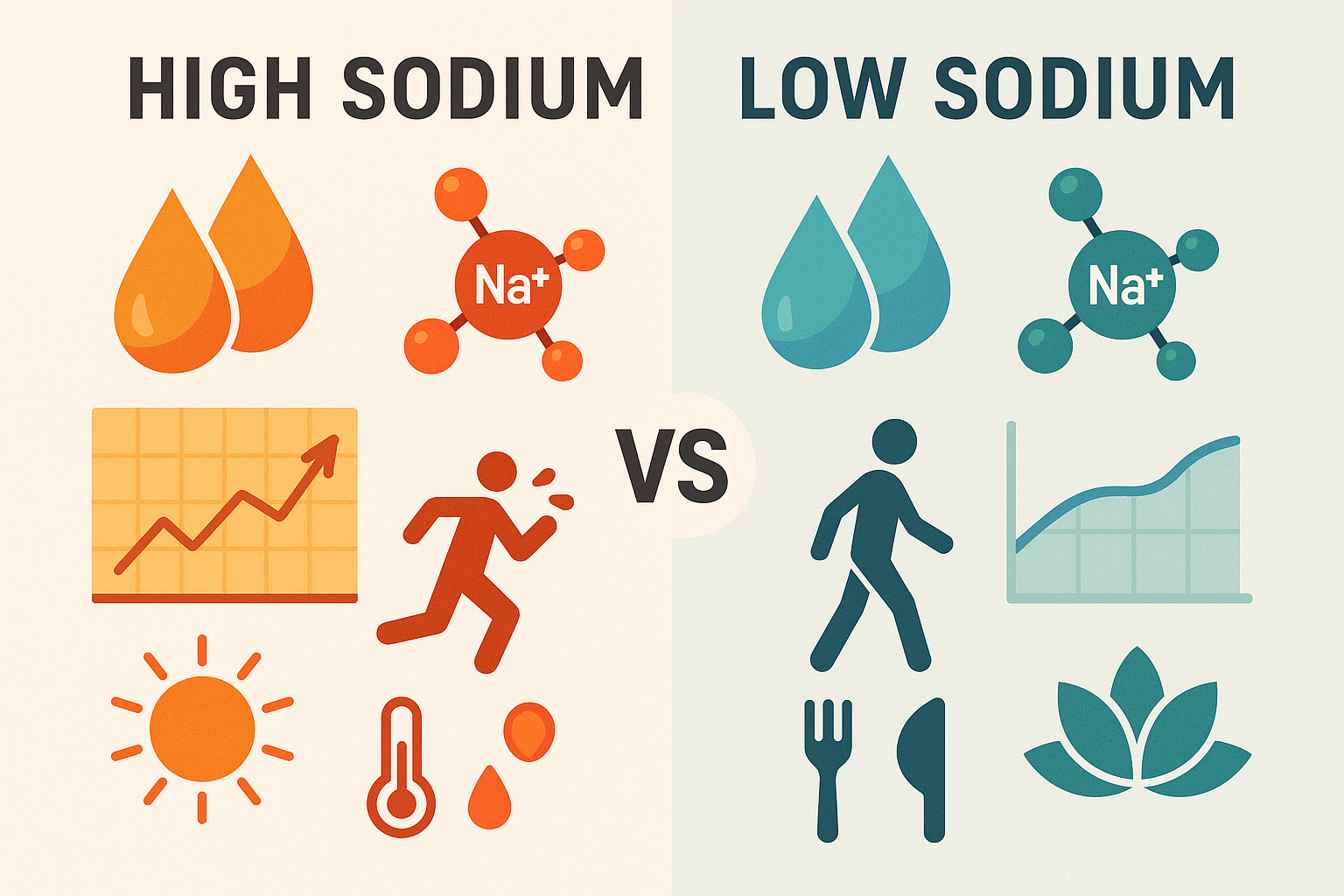
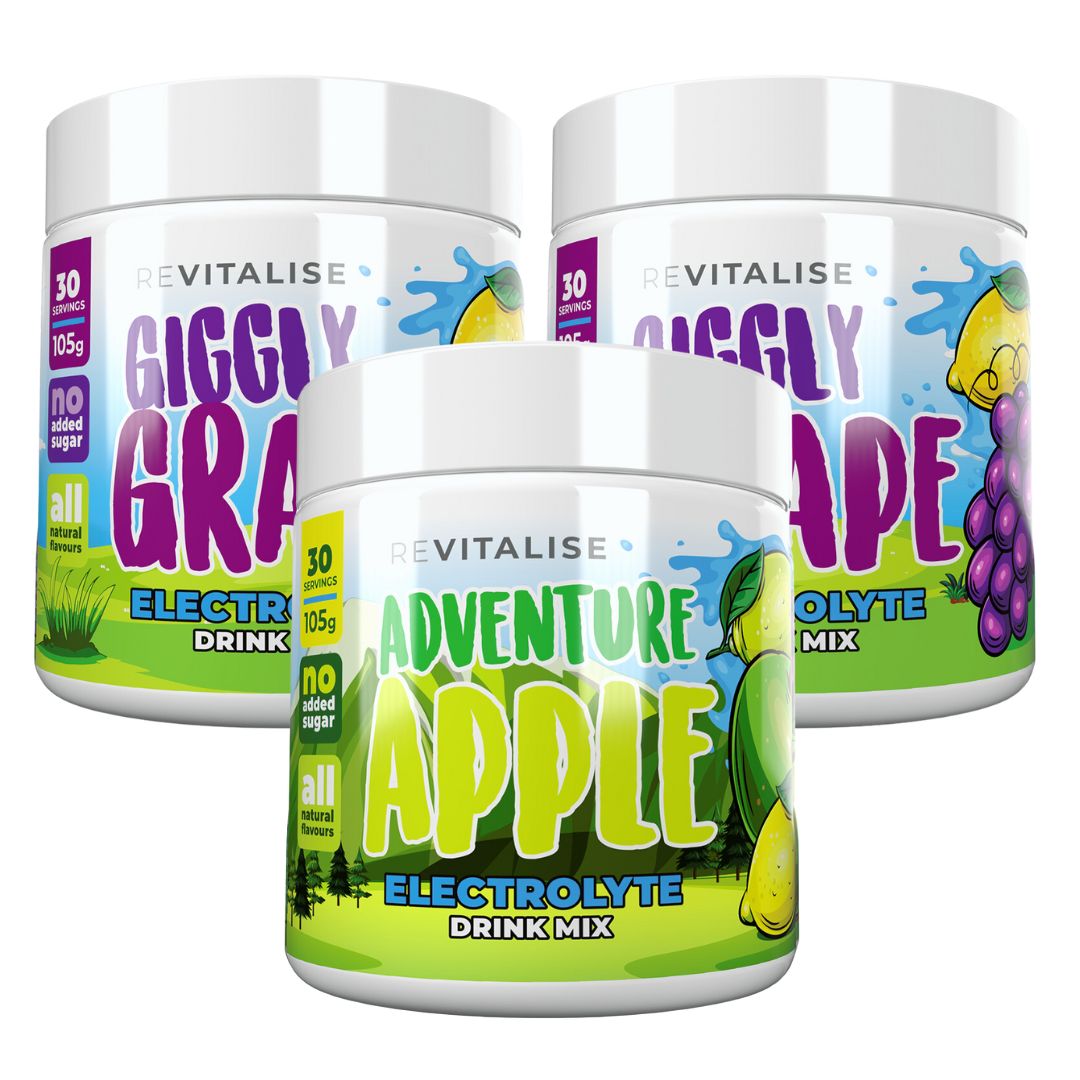


![ReVitalise Zero Sugar Electrolytes [SUBSCRIPTION]](http://revitalisedaily.com.au/cdn/shop/files/30s_LemonLime_3ea1cbec-4b35-4319-8f43-3ad8cbe7cd02.png?v=1698247645&width=1547)
